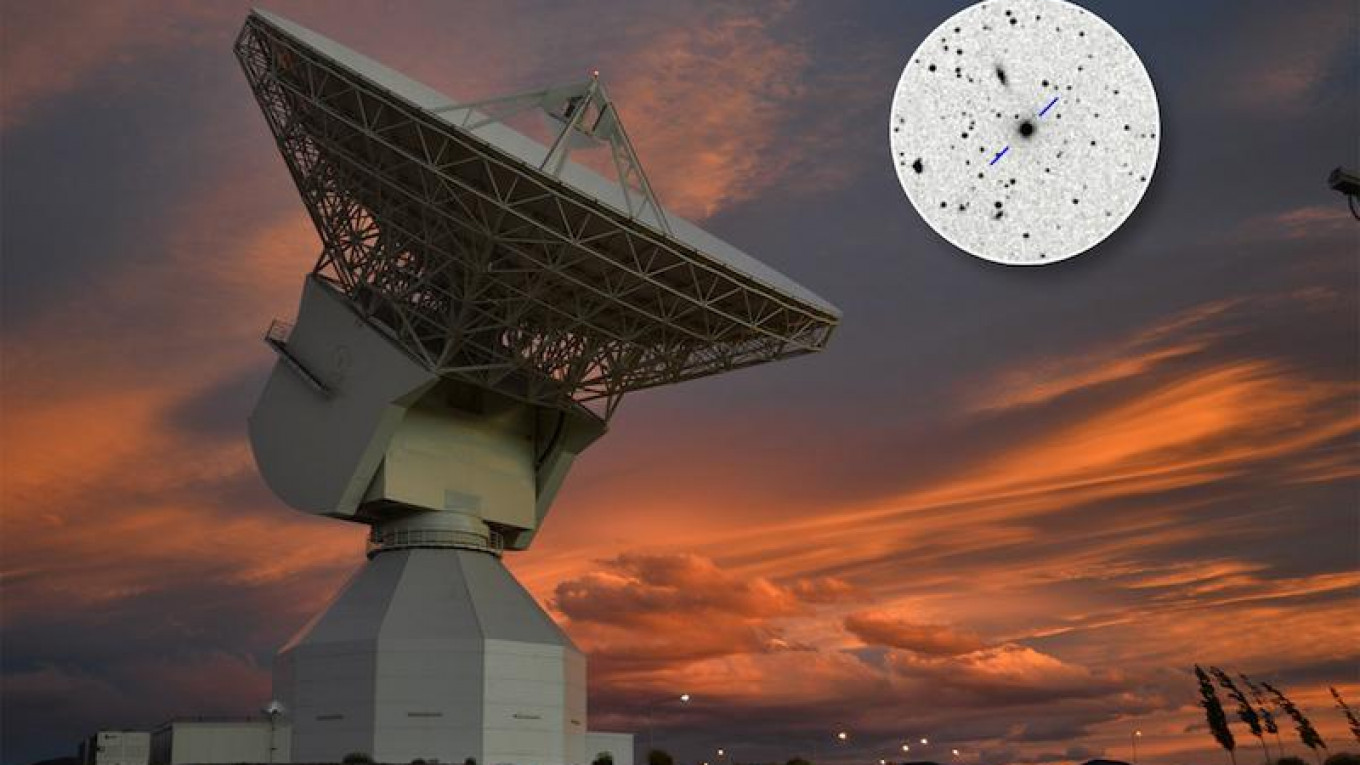Russia's space agency Roscosmos is not giving up hope that communication with a missing Mars probe can be established.
The probe, known as
Schiaparelli, is part of a joint mission with the European Space Agency (ESA) to the Red Planet. Contact was lost yesterday just before
landing.
“If Schiaparelli
made a 'soft' landing on the surface, then, in accordance with its
programming, the batteries should power the spacecraft for three to
ten days, during which time it should be possible to communicate with the
lander,” Roscosmos was quoted as saying in a statement Thursday.
Both Roscosmos and
the ESA have attempted to land probes on Mars in the past. However, beyond
a successful Soviet mission in 1971, neither agency has conducted a
successful landing. Schiaparelli was intended to demonstrate landing
techniques for a larger, follow-on mission slated for 2020
The probe is part of
the 1.5 billion euro ($1.65 million) ExoMars project, a two-phase
European program originally conceived in cooperation with the U.S.
space agency NASA. In 2012, changes in U.S. space policy saw NASA
withdraw from the project. Roscosmos stepped in to fill the void.
Schiaparelli hitched
a ride to Mars aboard a spacecraft known as the Trace Gas Orbiter
(TGO), which was considered the prime scientific instrument of this
first phase of the ExoMars program. While Schiaparelli attempted
landing Wednesday evening, TGO parked itself in Martian orbit.
Schiaparelli's
descent to the Martian surface was always going to be dramatic. It
hit the Martian atmosphere at 21,000 km/h and, using a mix of air
breaking, parachutes, and powered thrusters, was supposed to slow to
a hover 2 meters above the surface.
At the 2 meter
point, Schiaparelli's engines should have shut off, allowing the
lander to fall to the ground. A crushable frame below the
lander was intended to absorb the impact. Mars' gravity is about 38% of Earth's, so the fall should have been survivable. Nonetheless, contact was lost.
At a press conference on Thursday morning, the ESA said that it had received data throughout the majority of the landing process. As a result, it called the test a partial success. The agency, however, stopped short of clarifying what happened to the lander in the final moments.
The ESA says it will
take several days to analyze the data and determine the final fate of
Schiaparelli.
A Message from The Moscow Times:
Dear readers,
We are facing unprecedented challenges. Russia's Prosecutor General's Office has designated The Moscow Times as an "undesirable" organization, criminalizing our work and putting our staff at risk of prosecution. This follows our earlier unjust labeling as a "foreign agent."
These actions are direct attempts to silence independent journalism in Russia. The authorities claim our work "discredits the decisions of the Russian leadership." We see things differently: we strive to provide accurate, unbiased reporting on Russia.
We, the journalists of The Moscow Times, refuse to be silenced. But to continue our work, we need your help.
Your support, no matter how small, makes a world of difference. If you can, please support us monthly starting from just $2. It's quick to set up, and every contribution makes a significant impact.
By supporting The Moscow Times, you're defending open, independent journalism in the face of repression. Thank you for standing with us.
Remind me later.






